The relationship between Iraq and Russia (then the Soviet Union) was characterized by deterioration and strain following the end of the Iran-Iraq War and the subsequent Gulf War.
The earlier strong alliance, which peaked in the 1970s, began to weaken in the mid-1970s as Iraq sought Western technology, and while ties remained for some time, the Soviet Union cut off arms shipments to Iraq in 1987-88 and ultimately faced collapse in 1991.
Context before the 1990s:
Peak Alliance (1970s):
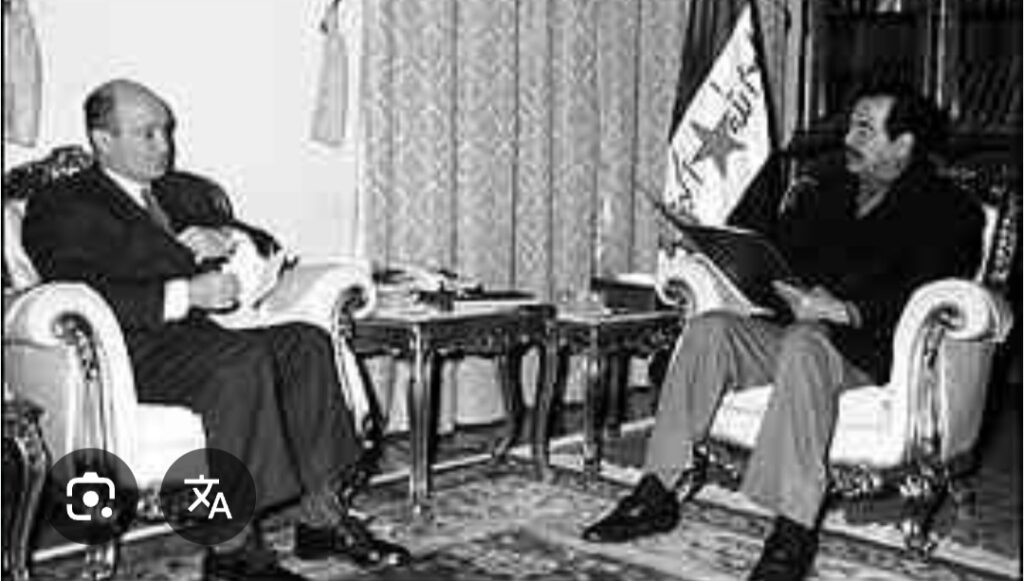
Iraq and the Soviet Union had a strong relationship following a 1972 friendship treaty. The USSR was a major arms supplier, and cooperation extended to oil, industry, and agriculture.
Strained Relations (mid-1970s onward):
Iraq’s desire for Western technology and its strained relationship with Soviet allies like Syria led to a weakening of ties in the mid-1970s.
Continued Soviet Ties (1980s):
Despite some policy disagreements, the Soviet Union resumed arms deliveries to Iraq in 1982 during the Iran-Iraq War to protect its reputation and to prevent a potential Iranian victory. However, in the later stages of the war, there was a significant military debt owed by Iraq to the Soviets.
Key Events leading to the early 1990s:
Soviet Arms Embargo (1987-88):
The Soviet Union, concerned about the escalating Iran-Iraq War, cut off arms exports to both sides, including Iraq, in 1987.
Soviet Collapse (1991):
The dissolution of the Soviet Union in late 1991 fundamentally changed the dynamics of international relations.
Gulf War (1990-1991):
Iraq’s invasion of Kuwait triggered the Gulf War, a conflict in which the UN coalition, including the United States, opposed Iraq. The Soviet Union, though weakened, participated in the UN Security Council resolutions that eventually led to a ceasefire.
In summary, while the 1970s saw a strong Soviet-Iraqi alliance, the 1980s saw increasing strain, and the collapse of the Soviet Union in 1991 marked the end of that era of close ties, leading to a very different relationship with the newly formed Russian Federation in the following decades.

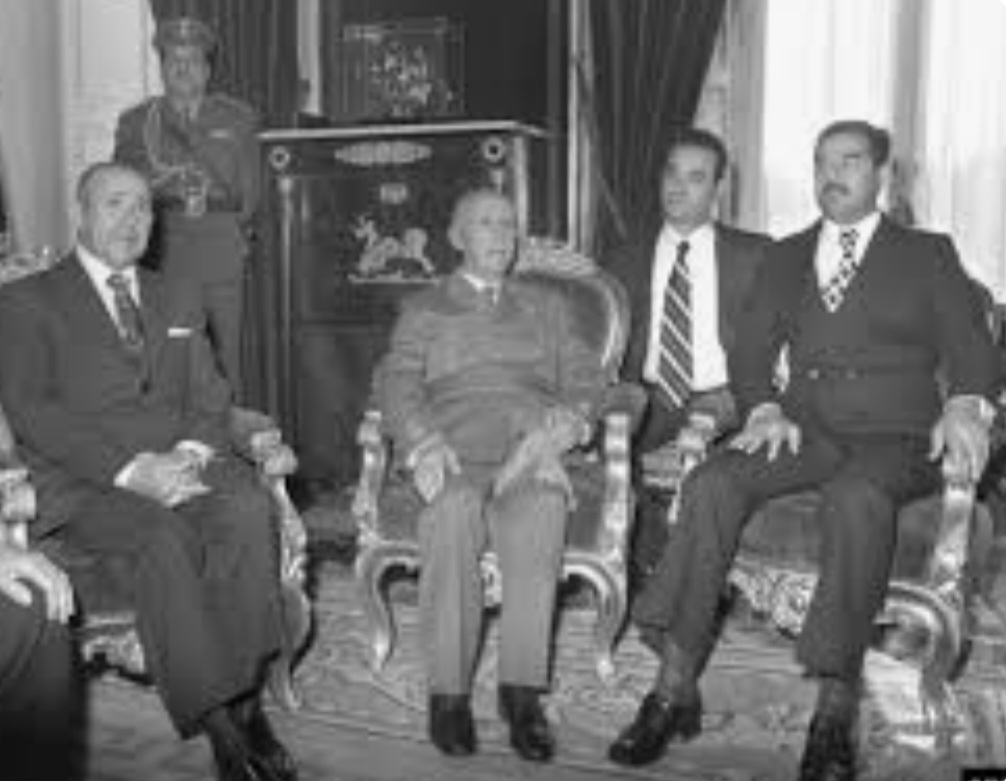
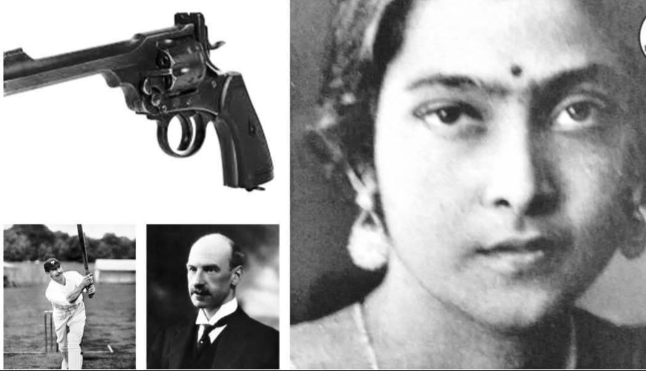






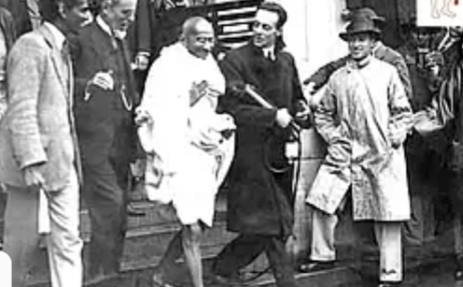

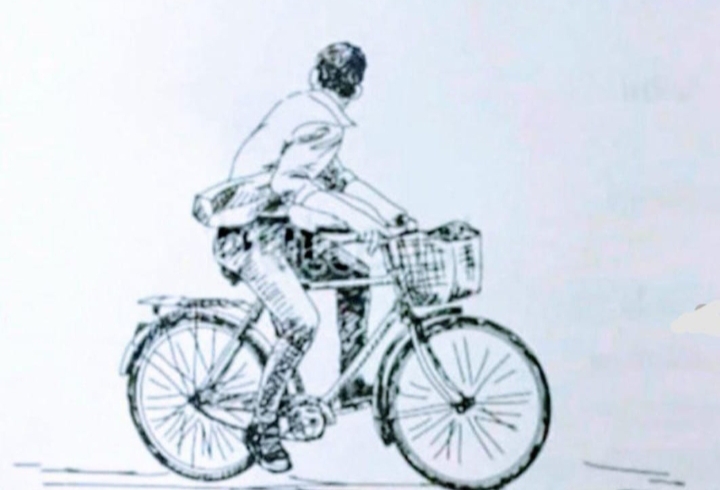




Leave a Reply